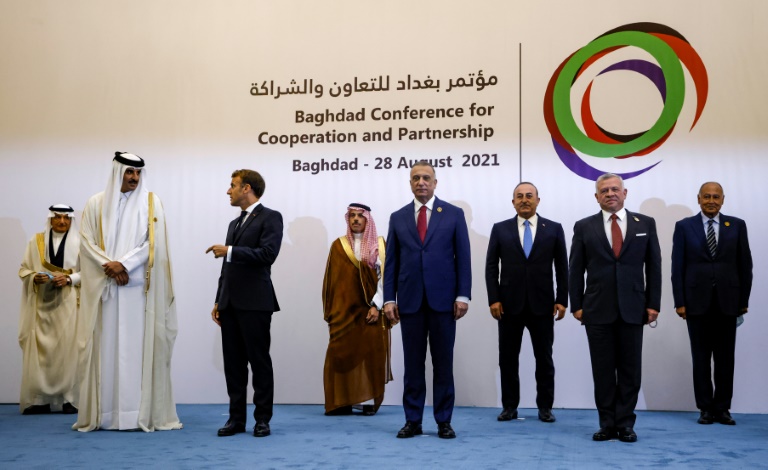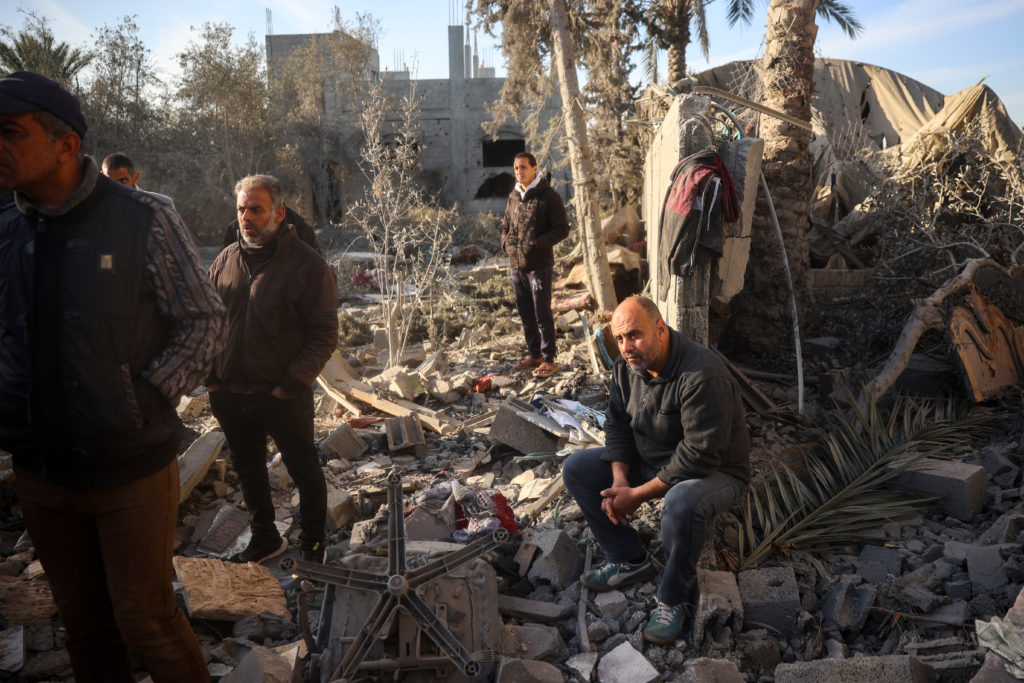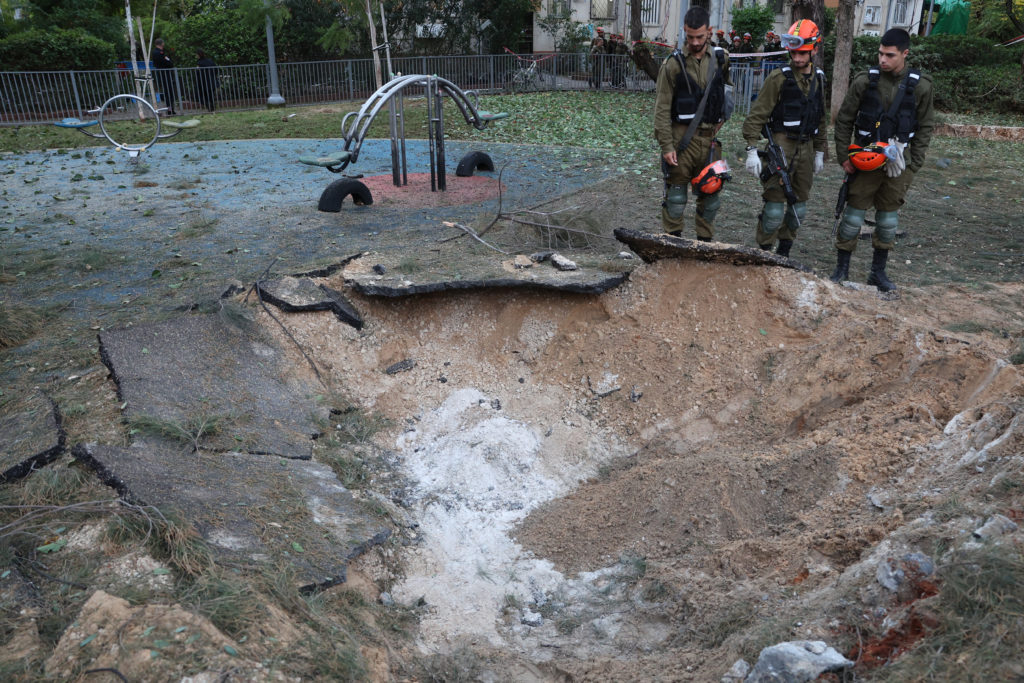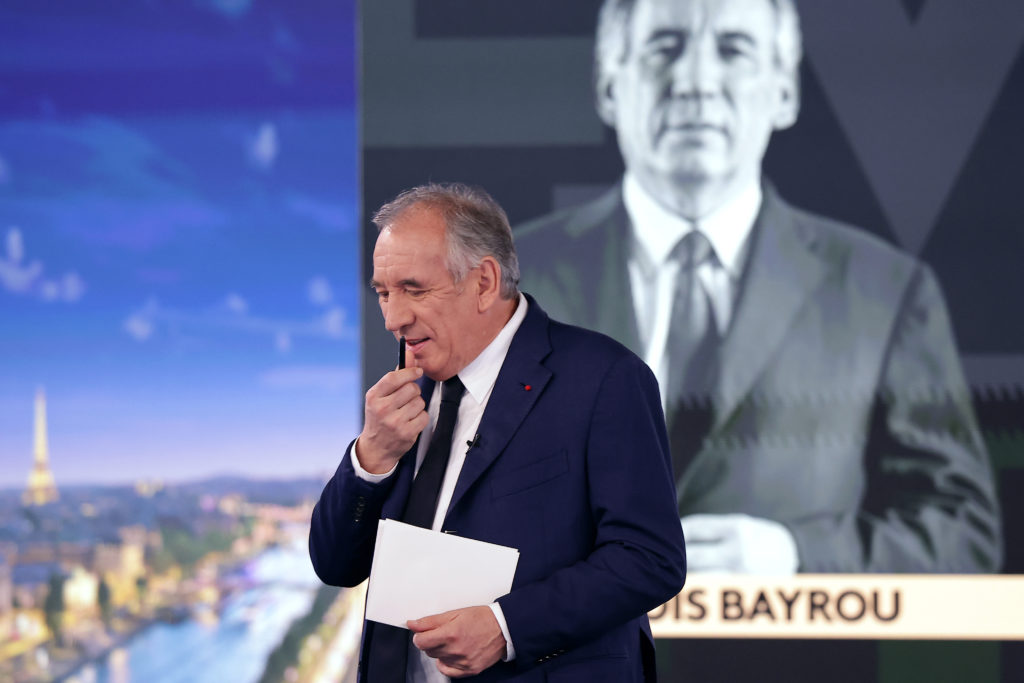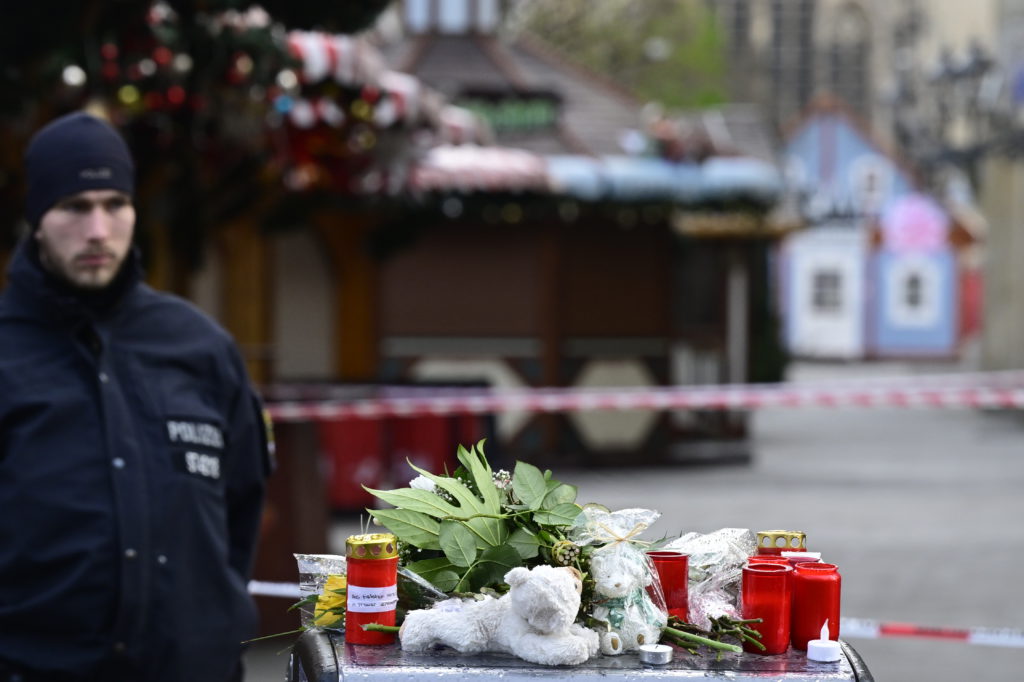The Taliban’s takeover of Afghanistan overshadowed a summit in Iraq Saturday attended by key regional leaders, with French President Emmanuel Macron warning of the threat Islamic State group jihadists pose.
The meeting comes as Iraq, long a casualty of jihadist militancy, also tries to establish itself as a mediator between Arab countries and Iran.
“We all know that we must not lower our guard, because Daesh (IS) remains a threat, and I know that the fight against these terrorist groups is a priority of your government,” Macron said, after a meeting with Iraqi Prime Minister Mustafa al-Kadhemi.
Iraq and France “are key partners in the war against terrorism,” Kadhemi replied.
Egyptian President Abdel Fattah al-Sisi and Jordan’s King Abdullah II flew in for the summit, while the foreign ministers of regional foes Iran and Saudi Arabia were also present.
Qatar’s Emir Sheikh Tamim bin Hamad Al-Thani, Dubai’s ruler, Sheikh Mohammed bin Rashid Al-Maktoum, as well as Kuwait’s Prime Minister Sheikh Sabah Al-Khalid Al-Sabah and Turkey’s foreign minister were also present.
– ‘More urgent than ever’ –
Iraq is seeking to play a “unifying role” to tackle crises shaking the region, sources close to Iraq’s Kadhemi said.
Oil-rich Iraq has been caught for years in a delicate balancing act between its two main allies, Iran and the United States.
Iran exerts major clout in Iraq through allied armed groups within the Hashed al-Shaabi, a powerful state-sponsored paramilitary network.
Baghdad has been brokering talks since April between US ally Riyadh and Tehran on mending ties severed in 2016.
“It was really not easy to put the Saudis and Iranians in the same room,” a French diplomatic source said.
But an adviser to Kadhemi said that just the presence of the two foreign ministers together was itself a “success”.
Macron aims to highlight France’s role in the region and its determination to press the fight against terrorism, his office said.
The French president considers Iraq “essential” to stability in the troubled Middle East, it added.
The Baghdad conference “will make it possible to lay the framework for cooperation in the fight against terrorism,” Macron said.
An IS affiliate claimed Thursday’s suicide bombing in Kabul that killed scores of people, including 13 US service members.
The attack has revived global concerns that the extremist organisation, which seized swathes of Syria and Iraq before being routed from both countries, is emerging anew, analysts said.
The blast came during the final days of US-led evacuations from Afghanistan after the Taliban’s lightning takeover.
A decade after the 2003 US-led invasion that ousted dictator Saddam Hussein, IS in 2014 announced a “caliphate” in territory seized in Syria and Iraq, routing the badly prepared Iraqi army without a fight and seizing almost a third of the country.
France was part of a US-led coalition established to battle the extremists.
Iraq declared IS territorially defeated in December 2017, but the group still retains sleeper cells and continues to claim bloody attacks.
– New IS ‘strides’ –
One of the deadliest was a July bombing that ripped through a crowded Baghdad market, killing over 30 people on the eve of a key Muslim holiday.
According to Colin Clarke, senior research fellow at the Soufan Center, IS “still has access to tens of millions of dollars and will likely continue to rebuild its network throughout Iraq and Syria”.
Its “primary goal at the moment is to have its affiliates maintain momentum until it can sufficiently rebuild its core in the Levant,” he said.
“(IS) affiliates in sub-Saharan Africa and now Afghanistan will have the opportunity to make strides in the coming year.”
In July, President Joe Biden said US combat operations in Iraq would end this year, but that US soldiers would continue to train, advise and support the country’s military in the fight against IS.
Washington currently has 2,500 troops deployed to Iraq.
Rasha Al Aqeedi, senior analyst at Newlines Institute for Strategy and Policy, said coalition forces believed Iraq’s security personnel could prevent another IS advance.
“Maybe they’re not ideal, but they’re good enough for America to leave the country believing that Iraq is not going to live through another 2014,” she said.

